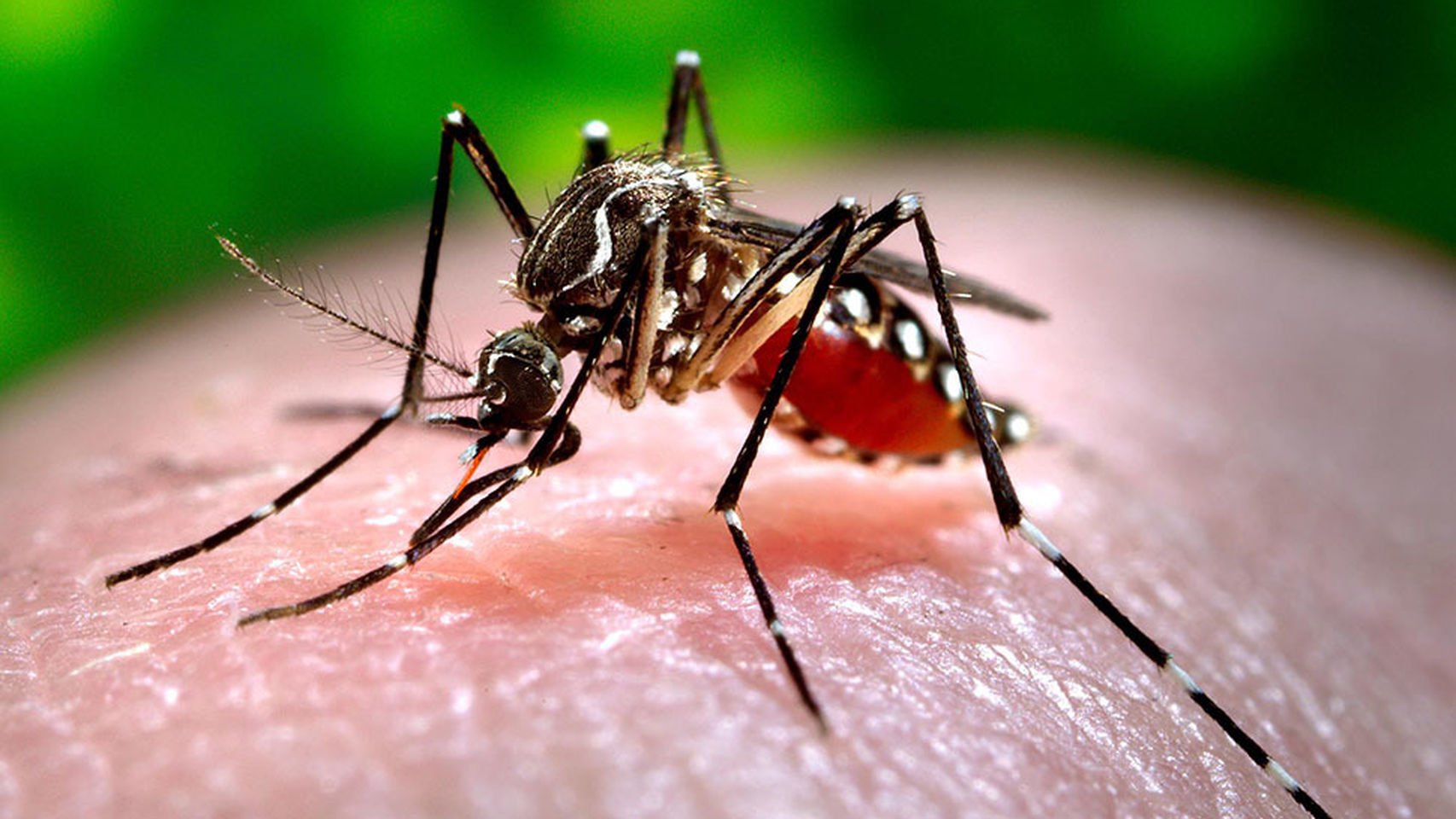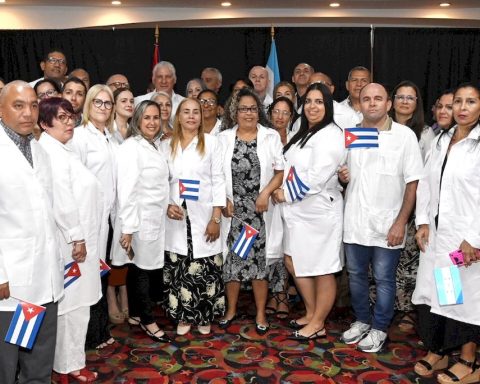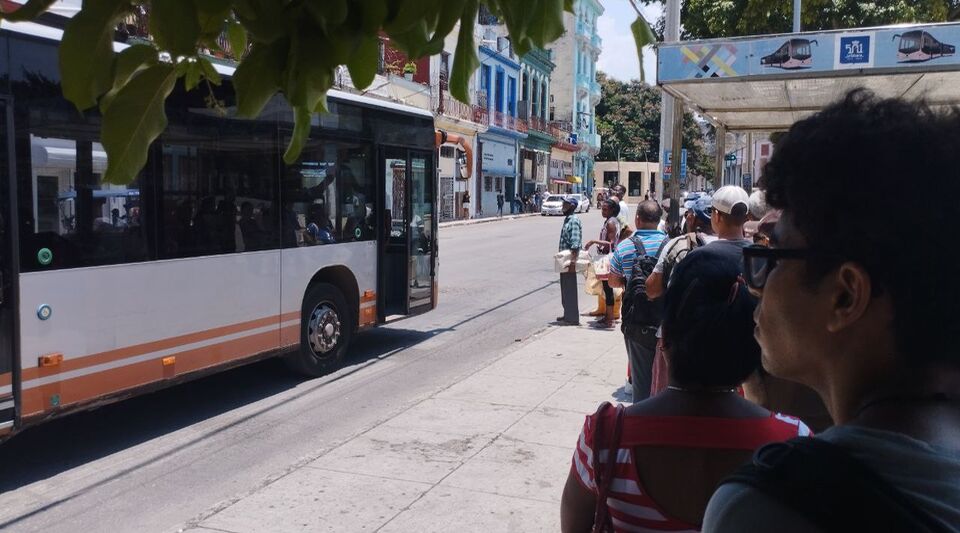The Ministry of Public Health (MINSAP) of Cuba confirmed this Tuesday that the Isa currently registers the highest number of mosquito outbreaks Aedes aegypti of the last 15 years, and an increase in dengue transmission in several provinces of the country, according to official media.
Dr. Madelaine Rivera Sánchez, national director of Surveillance and Anti-Vector Control of the Minsap, pointed out at a press conference that so far in 2022 the growth of the outbreaks of these mosquitoes, responsible for the transmission of dengue, is 21.7 % in relation to the same period of the previous year, according to a report of the Cuban News Agency (ACN).
When updating on the epidemiological situation in the country due to the dangerous disease, the directive affirmed that currently four provinces, eight municipalities and 13 health areas have declared its transmission.
Rivera Sánchez explained that this transmission occurs mainly in Havana, Camagüey, Las Tunas and Holguín, while “the technical commissions evaluate the inclusion of other territories with a high incidence of cases,” the media outlet points out.
The official also specified that the greatest number of outbreaks of Aedes aegypti It is located in the provinces of Havana (16.5%), Holguín (13.5%), Santiago de Cuba (13%) and Camagüey (11.8%), adding that 17 municipalities contribute 60.8%. of the focus on the Island.
In his opinion, to transform this negative scenario, actions must be taken to reduce the levels of mosquito infestation, taking into account that 83% of the outbreaks are detected in water storage tanks in homes.
Cuba detected during 2021 the highest number, in 15 years, of foci of dengue-transmitting mosquitoes
Rivera Sánchez assured that, unlike other years, in 2022 it has been possible to complete 90% of the vector control template, which allows reaching a greater number of homes. However, he requested the support of the community to be able to fulfill this purpose.
He also pointed out that the focal treatment with abattoir is reinforced, the destruction of deposits and in the houses where a febrile case or a positive case of dengue is reported, differentiated actions will be carried out, such as fumigation.
The MINSAP authorities assured that in 71 municipalities defined as higher risk, a reinforcement plan was established both for vector control and for the general promotion of public healthwhich “involves all sectors of society”.
They also specified that a change in protocol in patient care will be announced later, they called for raising the population’s perception of risk and for carrying out the so-called “family autofocal”, and recommended that those with fever, general malaise, headache and decay should see a doctor immediately.
Even when she assessed the situation due to the infestation of mosquitoes in the country as “complex”, the national director of Surveillance and Anti-Vector Control of the MINSAP stressed that “one cannot speak of an epidemic” of dengue in Cuba, and affirmed that the local authorities and nationals analyze “constantly” the situation of the disease.
In addition, he asserted that no cases of zika and chigungunya have been identified on the island, even though these diseases have remained in the region of the Americas, and said that the nation also maintains vigilance over these two arboviruses, also transmitted by the virus. mosquito Aedes aegypti.

















